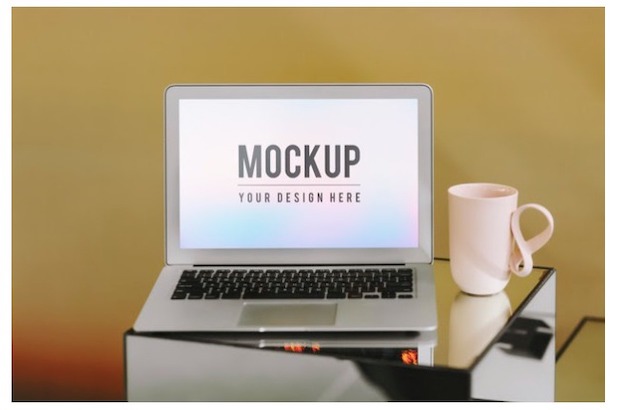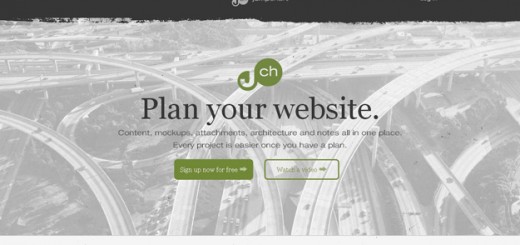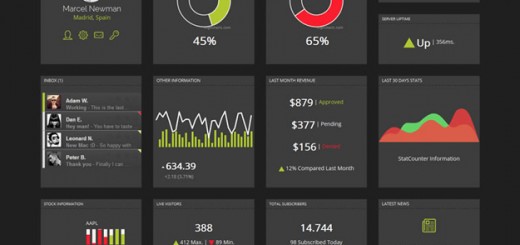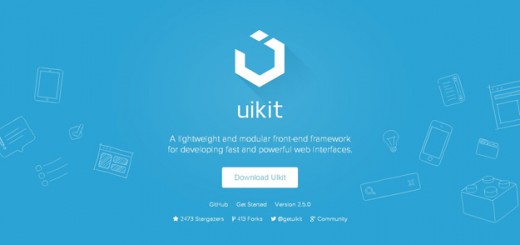It is quite challenging to fight off the competition in a global marketplace with gazillions of website themes, app interfaces, and print designs created by talented artists. As a result, winning clients is becoming harder day by day.
Besides, if you’re a website designer, it becomes really crucial for you to impress the client with your design or responsive behavior, especially when you are on a deadline. Therefore, impressing the client with a visually stimulating website designing presentation demonstrating how the final product would look is probably the only way out.
And you have to do it the best possible way. Sending simple export images has become a thing of the past, so you have to look for a creative way, which is exactly what website design mockups have to offer.
Enters, mockups!
Website design mockups are highly creative, often photorealistic presentations that display how a web design would look or function in the real world. The highly realistic mockups back the design to make it look more professional, add value to your work, and stimulate the clients.

Once you present your website design using a realistic mockup, you will immediately feel that this is the right way. And here’s the catch: you don’t really have to make any additional efforts to make your website look fantastic, even if you have to present the responsiveness on multiple devices.
So, if you have an upcoming design pitch, these methods will certainly help you create a pitch-perfect website design mockup.
Here are the best ways to create website mockups.
Custom mockup from scratch
A custom mockup is specifically tailored to a particular design. If you want to create unique mockups, this technique will provide the best outcomes. Considering that the goal of a mockup is presenting and ultimately selling the design concept, it makes sense that the most persuasive mockup is custom-made for a specific client.
However, creating mockups from scratch for every project is perhaps not the most realistic approach since it requires a great deal of work for practically a one-time gig. Besides, it is only valid if the mockup concept is highly innovative. Otherwise, there’s no point putting in all the effort for something that looks just like any other template available online.
So, this technique seems realistic only if you are passionate enough to go the extra mile to create a one-of-a-kind mockup for your client.
Reusable mockup templates
The process for designing mockup templates is quite similar to creating custom mockups: you still need to take pictures and use a photo editing app to complete the design. However, the difference lies in the fact that the pictures or visuals you use need not be too specific to work for other clients as well.
You can group clients based on the industry, theme, or target audience. This will make it pretty convenient to select visuals that will work for shared contexts. Besides, creating custom mockups for every project might seem impractical and expensive.
However, using reusable mockup templates allows the designer to create both original and reusable mockups for a lesser price. Additionally, the designer gets an opportunity to add their own personal touch or signature style to the client presentations.
Photoshop offers Photoshop actions and Photoshop smart objects to create exciting 3D animated mockups.
Mockup generator website
A mockup generator website is an online platform that uses generic pictures and AI software to create a mockup from a third-party template automatically. All the designer needs to do is upload the design, and the software takes care of all the technical aspects.
This approach is by far the cheapest and easiest solution; however, it does have a few disadvantages. Firstly, the resulting mockup won’t be original, and given that many other designers might have used the same service, it won’t be surprising to find the exact same mockup images popping up across portfolio sites. However, if the client is a curator of design mockups, they probably won’t mind, and who knows, it might work in your favor as well.
Note that the mockup generator websites specialize in only certain types of mockups. For instance, Artboard Studio and Mockup Mark are ideal for print and apparel mockups. At the same time, websites like Renderforest, Smartmockups, and Placeit provide generic mockup templates. So, go for a mockup generator website relevant to your projects, especially if it is subscription-based.
Mockup tools
Mockup tools such as Balsamiq, Framer, and Moqups provide you with everything you need to create your mockup. These tools make the mockup creation process as straightforward as possible, so you get to focus more on visual aesthetics and functionality. Besides, beginners can benefit from their ease of use, while the experts can make the best of the designs specifically tailored to their advanced requirements.
However, you need to decide if a basic wireframing solution will do just fine or if you need a more advanced design to decide which mockup tool would be the best for you. Note that you might lose the collaborative workflow, followed by less design consistency features offered by end-to-end tools irrespective of which mockup tool you pick.
Mockup plugins
Mockup plugins are third-party integrations for designing software to create mockups. Essentially, these applications empower designers to create both design and mockups within the same application. Hence, with this added benefit, the designer can quickly use the program’s tools to adjust the mockup after it has been created.
Mockup plugins provide the best of both worlds: a minimal cost, minimal efforts template with support for customization. Besides, this technique is usually reserved for digital designs, with the majority of plugins focussing on app prototyping software such as Adobe XD, Figma, and Sketch. You will have to follow the instructions for that specific website to download and install the required plugins into your software.
You can also opt for downloadable plugin software like Rotato and Mokup Frames. They do have a one-time cost, which is a bit higher than mockup generator websites; however, you will find it lower in the long run since you won’t need to pay a subscription fee.
Wrapping Up
Proper presentation is the key to pleasing your clients and stakeholders. Whether it’s website designing or logo designing, the way you present your designs to your client reflects your professionalism. Besides, it doesn’t matter how you decide to create a mockup to showcase your design. Because ultimately, the end results will depend on the designer and their dedication to creating a realistic mockup that leaves the clients speechless.




